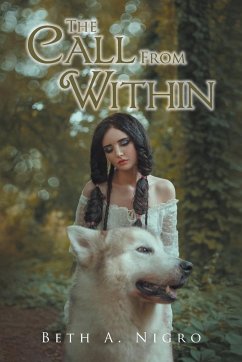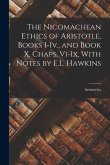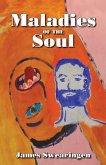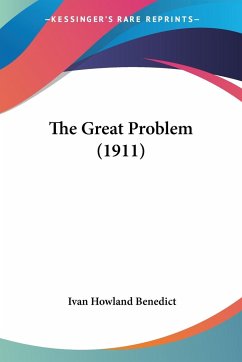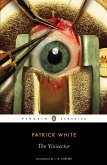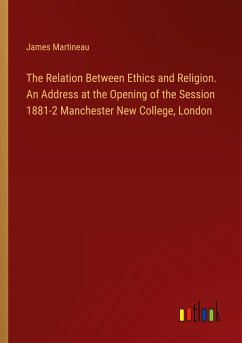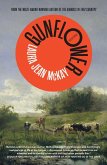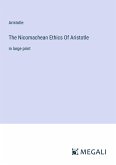The plight of animals has been neglected for too long. This fact, simply obvious, and according to the many devoted witnesses to animal cruelty, inspires the desire for an existence of peace, having found some answers through time with people who care, bringing to life the Laws to assist. Concern for our "pets", and the problem of the "Crisis of Cruelty" is engaging all of us to help animals now exclaiming their woes for those who can hear such pain; and this time it is relevant to all people who have animal companions and/or concern for wildlife. And "Deborah" (The prophetess) is one who faces such ethical issues, and guides animal choices that exist precisely on the divide between species and the problem of The Animal that she studies. Eager to see it unfold here through story, seeking the tools we need to succeed, the pen being one such implement, "Deborah" is the person who brings it all to bear, on life and love we share our gifts, precise and sure to find that place that we always seek, in peaceful gestures that exist within us.
Hinweis: Dieser Artikel kann nur an eine deutsche Lieferadresse ausgeliefert werden.
Hinweis: Dieser Artikel kann nur an eine deutsche Lieferadresse ausgeliefert werden.

